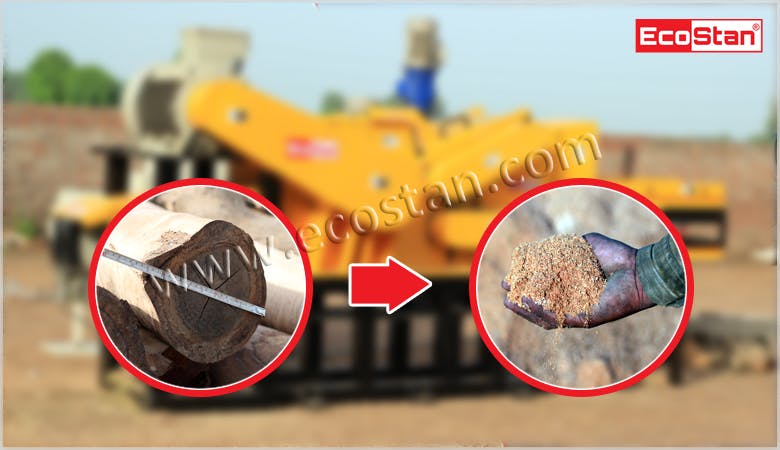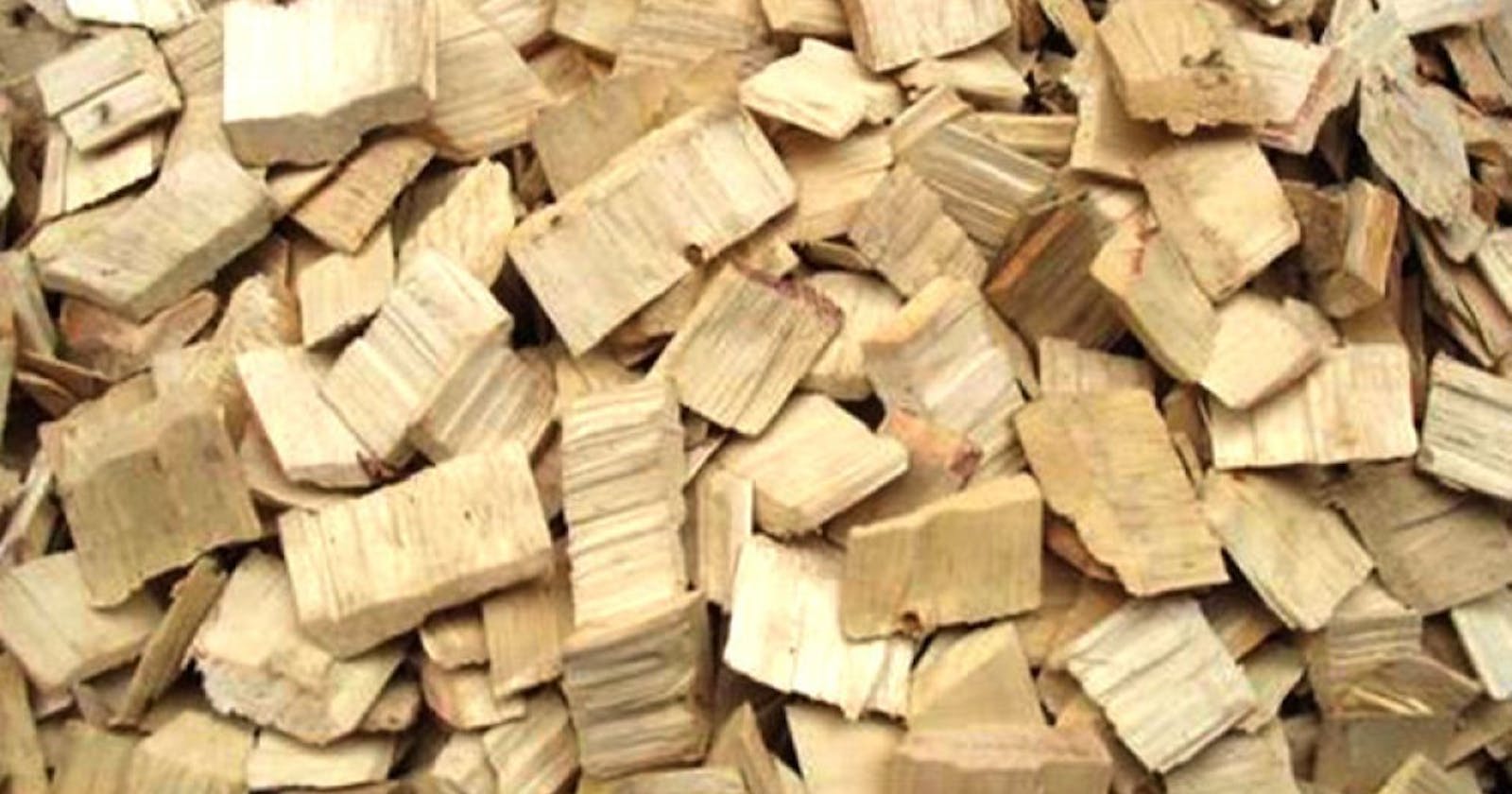Wood chippers are fundamental machines for enterprises managing ranger service, finishing, and biomass handling. They proficiently convert wood squander into significant wood chips, which can be utilized for different purposes like finishing, mulching, and biomass fuel, from there, the sky's the limit. Notwithstanding, to amplify the productivity, effectiveness, and outcome of rock-solid wood chippers, following specific procedures and practices is fundamental. In this extensive aid, we'll investigate how you can work on the presentation of your Heavy Duty Wood Chipper to accomplish ideal outcomes.
Customary Maintenance
One of the most urgent parts of further developing Heavy Duty Wood Chipper productivity is normal maintenance. Routinely reviewing and adjusting the machine guarantees that it works at maximized execution and decreases the gamble of breakdowns. Errands, for example, honing sharp edges, greasing up moving parts, and cleaning trash development are fundamental for keeping up with effectiveness and delaying the machine's lifespan.
Legitimate Training
Guarantee that administrators are appropriately prepared to work and keep up with the Wood Log to Sawdust Making. Appropriate training further develops security as well as upgrades productivity by guaranteeing that the machine is working accurately. Administrators ought to be prepared with well-being strategies, legitimate feeding methods, and maintenance undertakings to keep away from mishaps and personal time.
Ideal Feeding Procedures
The proficiency of a wood chipper significantly really relies on how the material is taken care of in the machine. Appropriate feeding strategies can fundamentally further develop productivity and lessen the gamble of sticking or stopping up. It's fundamental to feed the wood equitably and steadily, trying not to over-burden the chipper. Moreover, bigger parts of wood ought to be separated into more modest lumps to forestall harm to the machine and guarantee a predictable chip size.

Select the Right Size
Choosing the right size wood chipper for your needs is crucial for maximizing productivity. A chipper that is too small may struggle to handle large volumes of wood, leading to frequent jams and slower processing times. Conversely, a chipper that is too large may be inefficient for smaller jobs and waste fuel. Assess your requirements carefully and invest in a wood chipper that is appropriately sized for your operations.
Use High-Quality Blades
Blades are the heart of a wood chipper, and using high-quality, sharp blades is essential for optimal performance. Dull or damaged blades can decrease productivity, increase fuel consumption, and produce inconsistent chip sizes. Regularly inspect blades for signs of wear and tear, and replace them as needed to maintain efficiency.
Optimize Fuel Efficiency
Fuel costs can be a significant expense for wood-chipping operations. To improve fuel efficiency, consider factors such as engine size, horsepower, and fuel type when selecting a wood chipper. Additionally, proper maintenance, including tuning the engine and maintaining proper tire pressure, can help reduce fuel consumption and operating costs.
Monitor Performance
Keep track of the wood chipper's performance metrics, such as throughput, fuel consumption, and downtime. Monitoring these metrics allows you to identify areas for improvement and make necessary adjustments to increase productivity and efficiency. Regularly review performance data and implement changes as needed to optimize operations.
Invest in Advanced Technology
Consider investing in Wood Log to Sawdust Making equipped with advanced technology features to improve productivity and efficiency. Features such as automatic feeding systems, remote monitoring, and self-sharpening blades can streamline operations and reduce the need for manual intervention. While initial investment costs may be higher, the long-term benefits in terms of productivity and efficiency make it a worthwhile investment.

Efficient Disposal of Wood Chips
Proper disposal of wood chips is essential for maintaining a clean and organized work environment. Implement an efficient system for collecting and disposing of wood chips, such as using a conveyor belt or chute to direct chips into a designated area. Recycling wood chips for landscaping, mulching, or biomass fuel can also be a sustainable solution, reducing waste and providing additional value.
Regular Inspections and Upgrades
Regular inspections of your wood chipper allow you to identify potential issues early on and make necessary upgrades to improve performance. Keep an eye out for wear and tear on components such as belts, bearings, and hydraulic hoses, and replace them as needed. Additionally, stay informed about advancements in wood chipping technology and consider upgrading your equipment to take advantage of new features and improvements. Regular maintenance and upgrades ensure that your wood chipper remains efficient and productive for years to come.
Conclusion
Improving the productivity, efficiency, and success of heavy-duty wood chippers requires a combination of proper maintenance, training, feeding techniques, equipment selection, and technology. By following these strategies and practices, you can maximize the performance of your wood chipper, reduce operating costs, and achieve optimal results in wood processing operations.
For heavy-duty wood chippers designed to optimize productivity and efficiency, you need to contact us at Ecostan. Our extensive range of innovative wood-chipping solutions is engineered to meet the demands of various industries, from forestry and landscaping to biomass processing. With cutting-edge technology and a commitment to quality, our wood chippers deliver superior performance, reliability, and efficiency. Visit Ecostan to explore our range of wood-chipping solutions and find the perfect machine to streamline your wood processing operations.

